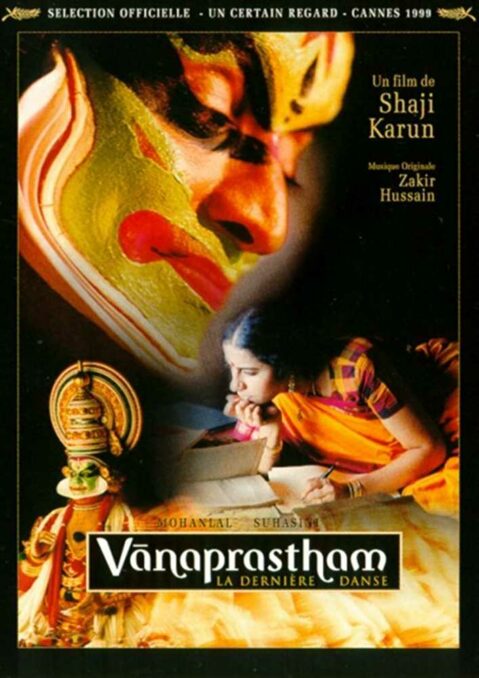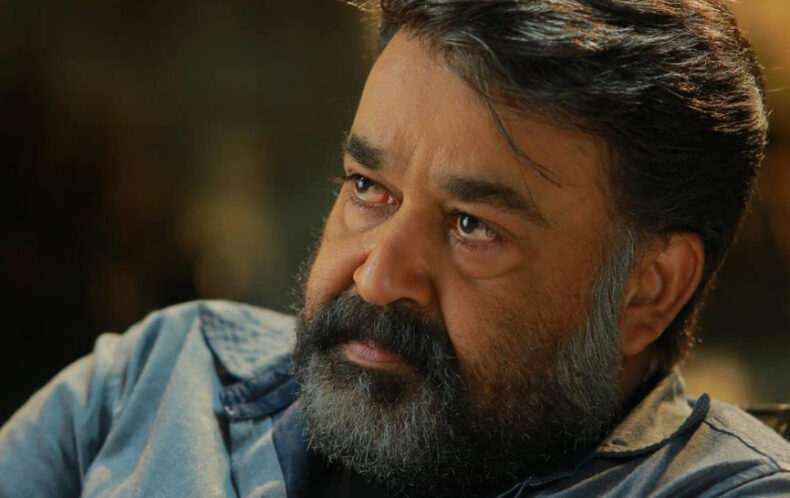May 21st marks a special day in the world of Indian cinema as acclaimed actor Mohanlal celebrates his birthday. Born on this day in 1960, Mohanlal Viswanathan Nair, affectionately known as Mohanlal, has carved an indelible mark in the film industry with his exceptional talent and versatile performances.

Mohanlal began his acting journey in the late 1970s. From his humble beginnings as a theatre artist, he swiftly transitioned into the world of Malayalam cinema, capturing hearts with his innate talent and magnetic presence on screen. Mohanlal’s dedication and passion for his craft soon earned him recognition and critical acclaim. He quickly became a powerhouse performer, known for his ability to effortlessly portray a wide range of characters, from intense and brooding to comedic and light-hearted. His ability to immerse himself completely into the roles he portrays is a testament to his commitment to his craft.
Throughout his illustrious career, Mohanlal has acted in over 300 films in multiple languages, including Malayalam, Tamil, Telugu, and Hindi. He has collaborated with some of the most celebrated directors and actors in the industry, leaving an indelible mark on each project he undertakes. Mohanlal has received numerous accolades and awards, including five National Film Awards and nine Kerala State Film Awards, among others. His contributions to Indian cinema have not only earned him the adoration of millions of fans but also the respect and admiration of his peers.
As Mohanlal celebrates his 63rd birthday, fans and well-wishers from around the world take this opportunity to express their gratitude for his unparalleled contributions to the film industry. His remarkable journey, from a theatre artist to a global icon, serves as an inspiration to aspiring actors and a reminder of the power of talent, dedication, and perseverance.
Let’s revisit Mohanlal’s National award-winning performance in “Vanaprastham”
Mohanlal’s performance in “Vanaprastham” is nothing short of extraordinary. With his impeccable acting skills, he brings to life the complex character of Kunhikuttan, a Kathakali artist grappling with personal and artistic struggles. Mohanlal’s portrayal is a masterclass in subtlety and nuance, showcasing his ability to convey a wide range of emotions through his expressions and body language.

His transformation from a young and ambitious artist to an aging, disillusioned man is captivating to watch. Mohanlal effortlessly captures the internal conflicts and turmoil that Kunhikuttan experiences, creating a deeply layered and multi-dimensional character. His ability to convey the complexities of human emotions without relying on excessive dialogue is commendable.
“Vanaprastham,” directed by Shaji N. Karun and released in 1999, is a masterpiece of Malayalam cinema that explores the intricate relationship between art, identity, and the human condition. The film is set against the backdrop of Kerala’s traditional art form, Kathakali, and follows the life of Kunhikuttan, portrayed brilliantly by Mohanlal. Born into a lower caste, Kunhikuttan faces societal barriers and prejudice that limit his artistic opportunities. However, his undeniable talent propels him forward, and he gains recognition as a renowned Kathakali performer.
“Vanaprastham” serves as a testament to Mohanlal’s versatility and his ability to tackle challenging roles with finesse. His performance in this film is undoubtedly one of his career-best, leaving a lasting impact on the audience.
“Vanaprastham” was honored with the National Film Award for Best Feature Film in Malayalam, showcasing its artistic brilliance and the impact it made on the industry. Additionally, Mohanlal’s exceptional portrayal of the complex character Kunhikuttan earned him his first National Film Award for Best Actor, solidifying his stature as one of the finest actors in Indian cinema. The film’s success extended beyond national borders, as it received international recognition, including the Special Mention at the Cannes Film Festival, further highlighting its remarkable achievements.













